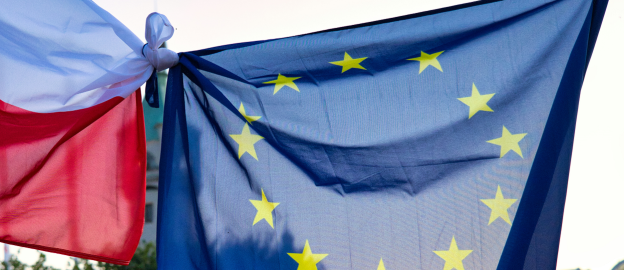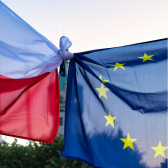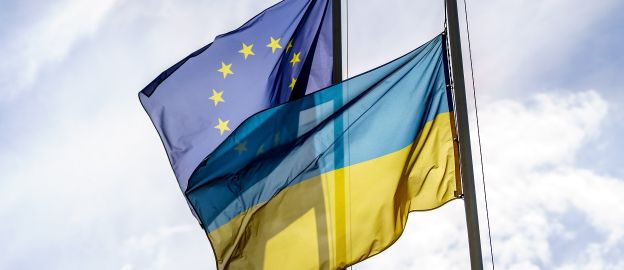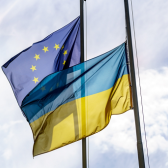The energy transition is an international one, although the starting point and the specifics of each country are different. A common denominator for all today is the dependence on fossil fuels, which are traded in an increasingly complex market. Meanwhile, Russian aggression against Ukraine and the energy crisis have influenced our thinking about energy security, and the development of technology, digitalization and knowledge sharing are creating new opportunities to change our approach to this issue.
For more than 20 years, Poland, as a member state of the European Union, has been co-creating regulations that affect all key sectors of the economy. We operate in a world full of dependencies. We analyze them and propose solutions within the International Programme.
Projects
Energy security
We adopt a broad definition of energy security, understood as resilience to external and internal crises, using 21st-century technologies and knowledge. We are initiating a dialogue on increasing the resilience of the EU, including Poland, to resource shocks and reducing dependence on fuel imports - in favour of energy produced from RES. A key element of energy security is flexibility and adaptation to changing demand. The new security dimension entails strong international - primarily EU - cooperation in this area.
International cooperation
By engaging in dialogue on energy transition, Forum Energii participates in an international exchange of knowledge, data and ideas created in different parts of the world. We look for commonalities, we examine proposed solutions, we analyse potential risks by observing energy transitions in other countries. Forum Energi is part of the International Network of Energy Transition Think Tanks (INETT). The network was launched in 2020. Its members include think tanks from Europe, Asia, Africa and the Americas.
European regulations
We are fostering debate and providing analysis to provide substantive input into shaping the European Commission's energy transition agenda.
Want to meet everyone from Forum Energii?

Joanna Maćkowiak-Pandera PhD
President of Forum Energii

Maciej Zaniewicz
Senior Analyst | Senior Program Manager

Maciej Jakubik
Project Coordinator for European Regulations
Want to meet everyone from Forum Energii?
Publications
European Commission priorities for 2024-2029. The view from Poland on energy and climate

European Commission priorities for 2024-2029. The view from Poland on energy and climate

The Energy and Climate Roadmap. Ukraine towards the EU

The Energy and Climate Roadmap. Ukraine towards the EU

Anatomy of Dependence: How to Eliminate Rosatom from Europe

Anatomy of Dependence: How to Eliminate Rosatom from Europe

Billions of Euros for LNG and LPG still flowing from the EU to Russia

Billions of Euros for LNG and LPG still flowing from the EU to Russia

Russian oil disappearing from Europe

Russian oil disappearing from Europe

Ukraine’s Preparations for a Wartime Winter

Ukraine’s Preparations for a Wartime Winter
